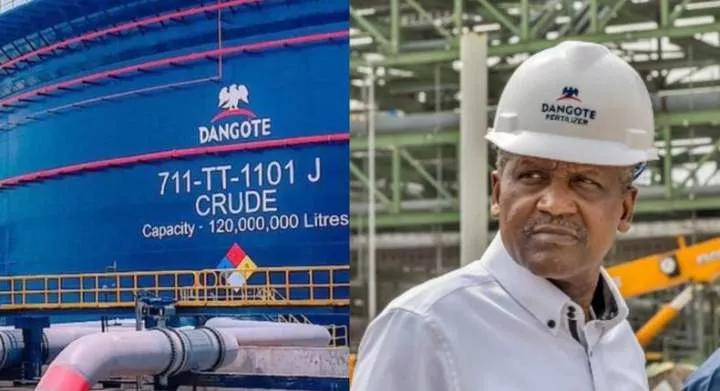
Nigeria's new Dangote oil refinery is ramping up gasoil exports to West Africa, edging out European refiners, according to traders and shipping data.
Built by Africa's richest man, Aliko Dangote, on the outskirts of Lagos for $20 billion, the refinery is currently producing a lower grade of gasoil than anticipated.
This is due to the pending restart of units needed to produce cleaner fuels, prompting the refinery to target buyers in neighbouring markets.
Exports of gasoil from the Dangote refinery reached nearly 100,000 barrels per day (bpd) in May, almost doubling April's levels, according to data from analytics firm Kpler.
Most of these exports were destined for other West African countries, with one cargo shipped to Spain. Preliminary June data shows a sharp decline in gasoil volumes, although overall oil product exports, including fuel oil, naphtha, and jet fuel, remained relatively high at 225,000 bpd.
"The refinery has changed the balances in West Africa," a European distillates trading source said, noting its impact on European markets.
EU and UK gasoil exports to West Africa fell to a four-year low of 29,000 bpd in May, according to Kpler data. Russian exports to the region also dropped to an eight-month low of 87,000 bpd in May.
Also, Dangote has been selling high-sulphur gasoil in the Nigerian market but is entangled in a dispute with local fuel retailers over who is responsible for selling the dirtier fuel.
Nigeria's oil law passed in 2021, mandated a 50 parts per million (ppm) sulphur content for fuels, aligning with the sub-regional ECOWAS standards adopted in 2020.
However, the regulator allowed gasoil above 200 ppm to be sold locally until June 2023, giving local refineries and importers more time to comply with the new standard.
As European countries, including major hubs Belgium and the Netherlands, tighten regulations on high-sulphur gasoil exports, cargoes from the Dangote refinery have found markets in regions with more lenient motor fuel standards.

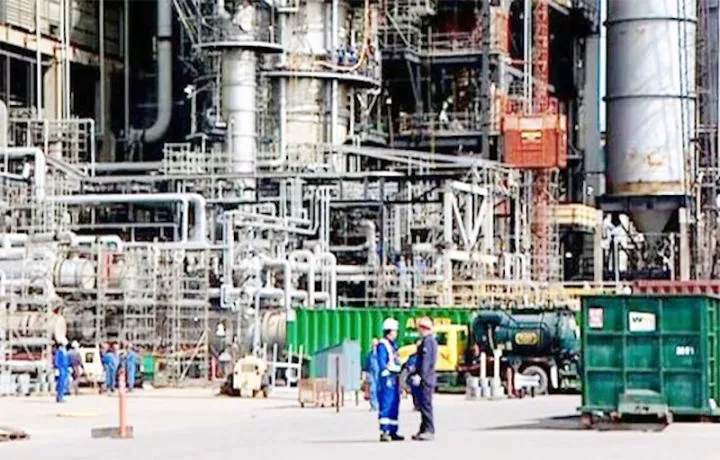
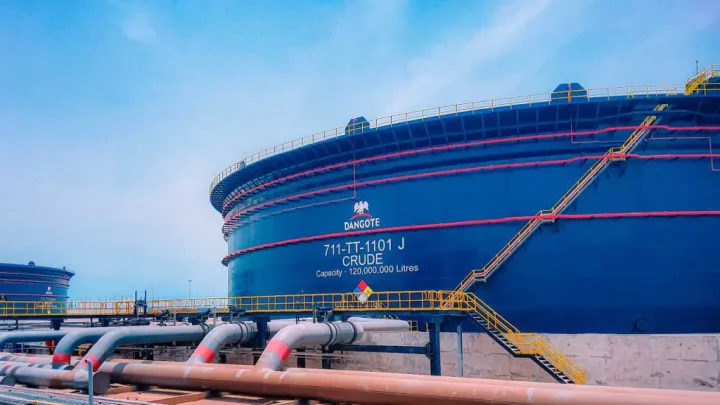

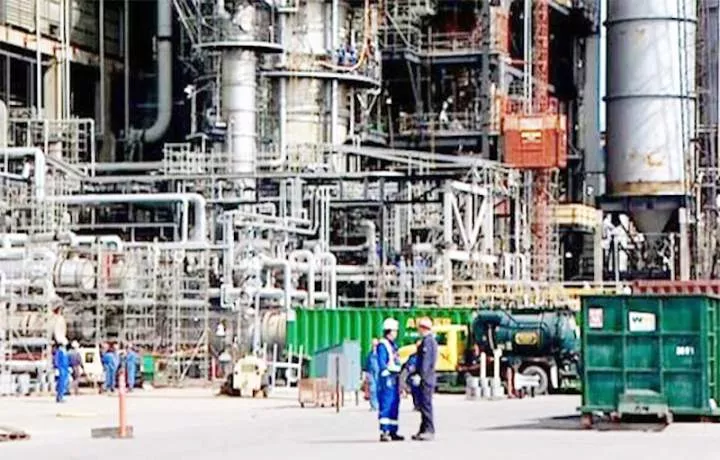
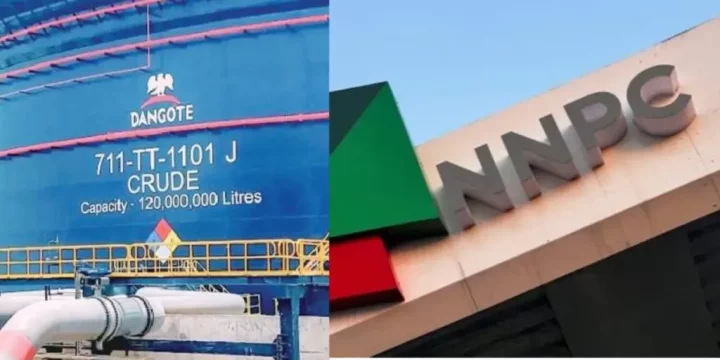
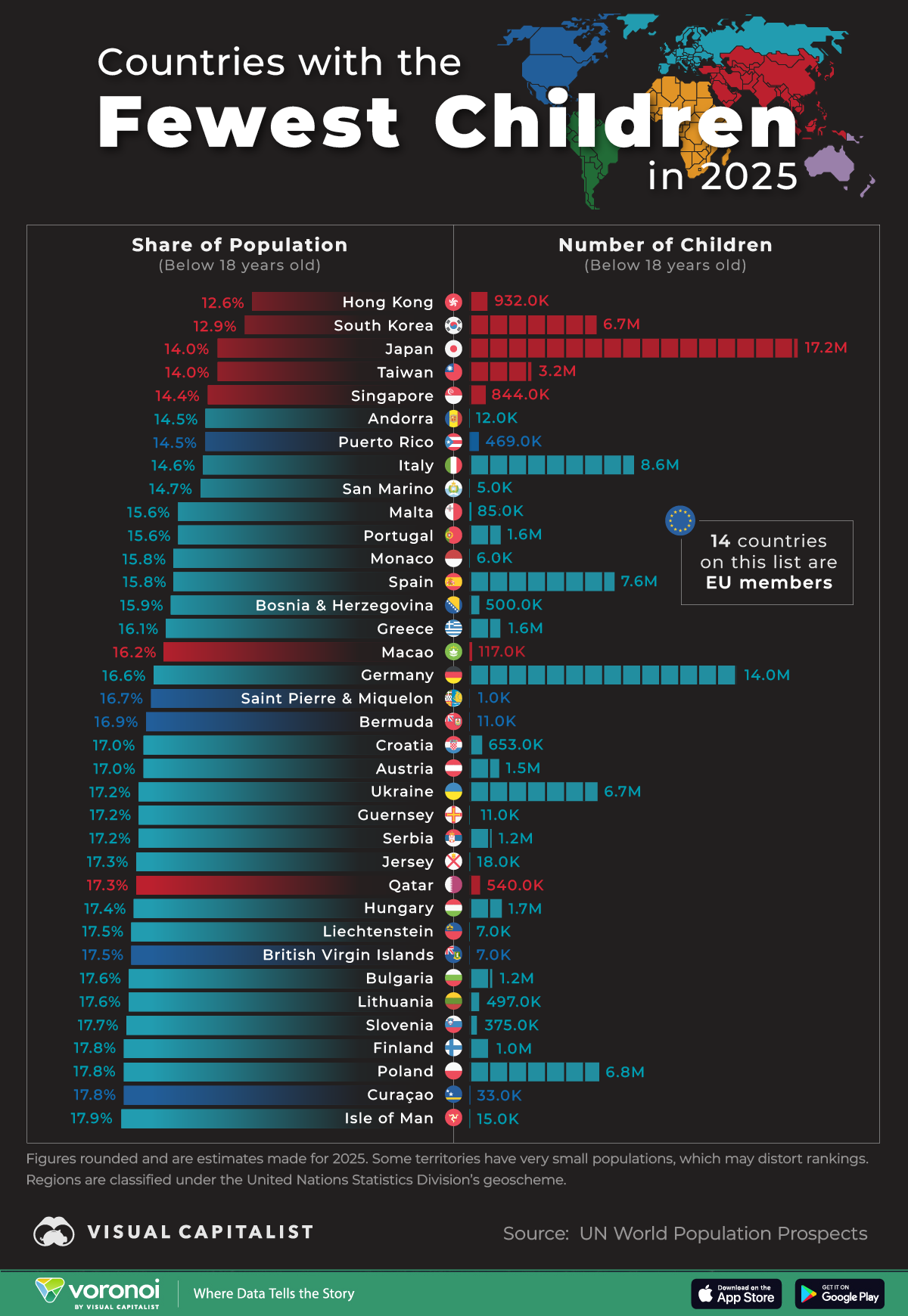









Comments